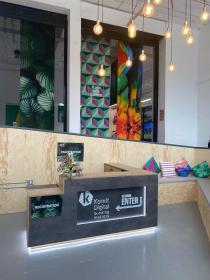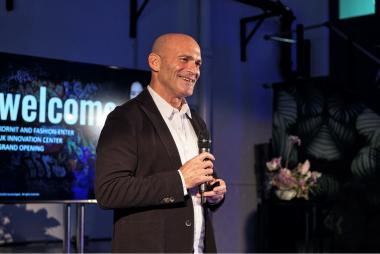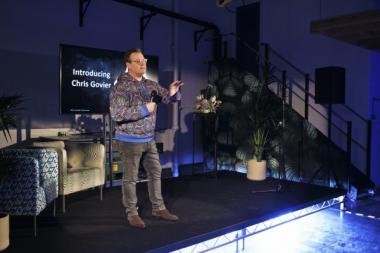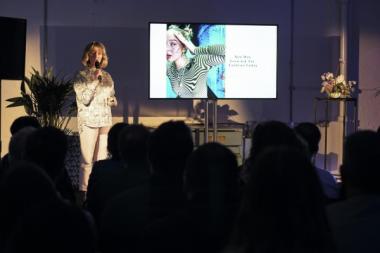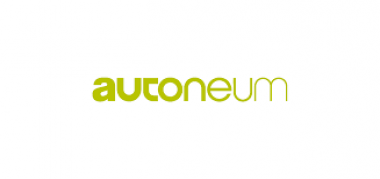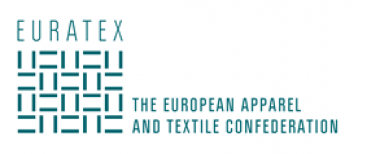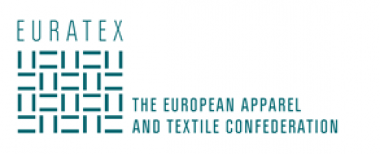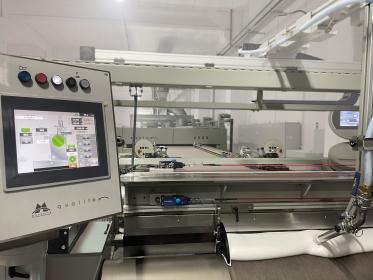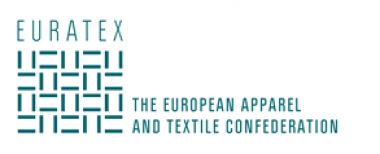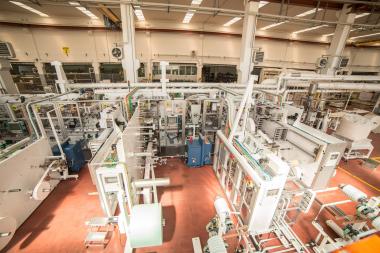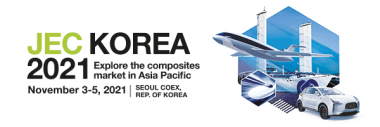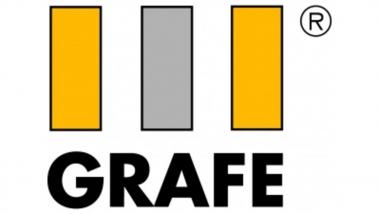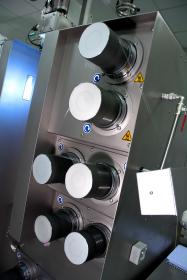adidas delivers strong results in 2021
- adidas expects double-digit sales growth in 2022
Major developments FY 2021
• Currency-neutral revenues up 16% driven by growth in all markets
• Excellent top-line momentum in EMEA, North America and Latin America with strong double-digit increases in each region
• Double-digit growth in DTC reflecting improvements in both online and offline
• Gross margin increases to 50.7% driven by higher full-price sales and better inventory management
• Operating margin increases 5.3 percentage points to 9.4%
• Net income from continuing operations grows more than € 1 billion to € 1.492 billion
• Executive and Supervisory Boards propose dividend increase of 10% to € 3.30 per share
Outlook for FY 2022
• Currency-neutral sales to increase at a rate between 11% and 13%, already reflecting up to € 250 million of risk in Russia/CIS business related to the war in Ukraine
• Gross margin to increase to a level of between 51.5% and 52.0%
• Operating margin to increase to a level of between 10.5% and 11.0%
• Net income from continuing operations to grow to between € 1.8 billion and € 1.9 billion
Kasper Rorsted, CEO of adidas: “Unfortunately, we release our 2021 results in unsettling times. Our thoughts and prayers are with the Ukrainian people, our teams on the ground and everyone affected by the war. We strongly condemn any form of violence and stand in solidarity with all those calling for peace. We also provide immediate humanitarian aid to those in need of support. We will continue to follow the situation closely and take future business decisions and actions as needed, always prioritizing our employee’s safety and support.”
“In 2021, we delivered a strong set of results despite several external factors weighing on both demand and supply throughout the year”, Kasper Rorsted continued. “Wherever markets operated without major disruptions we have been experiencing strong top-line momentum. This is reflected in double-digit revenue growth in EMEA, North America and Latin America. While we continued to invest heavily into our brand, our direct-to-consumer business, and our digital transformation, we improved our bottom-line by more than € 1 billion. Taking it all together, 2021 was a successful first year within our new strategic cycle. In 2022, we will build on this momentum and continue to grow both our top- and bottom-line at double-digit rates amid heightened uncertainty.”
adidas Media Relations





